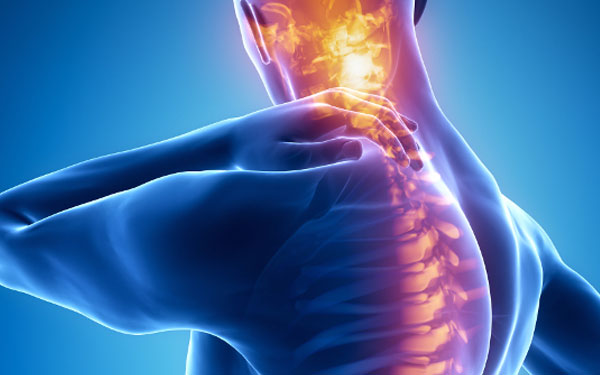Stress is an inevitable part of life, but its impact on our bodies can be profound, particularly on our muscles. Muscle pain due to stress can manifest in various ways, from tension headaches to full-body aches. Fortunately, there are strategies and techniques you can employ to minimize and alleviate this discomfort, promoting overall well-being and vitality. In this comprehensive guide, we delve into the intricacies of stress-induced muscle pain and provide actionable tips for relief.
Understanding the Relationship Between Stress and Muscle Pain
Stress triggers a cascade of physiological responses within the body, including the release of stress hormones such as cortisol and adrenaline. These hormones can lead to muscle tension and tightness, contributing to discomfort and pain. Moreover, prolonged stress can impair the body’s ability to recover from physical exertion, exacerbating muscle soreness and fatigue.
Incorporating Relaxation Techniques
One of the most effective ways to combat stress-induced muscle pain is through relaxation techniques. Deep breathing exercises, meditation, and progressive muscle relaxation can help alleviate tension and promote a sense of calmness throughout the body. By incorporating these practices into your daily routine, you can reduce stress levels and minimize the likelihood of experiencing muscle pain.
Prioritizing Physical Activity
Regular exercise is essential for maintaining muscle health and reducing stress. Engaging in activities such as yoga, Pilates, or tai chi can not only improve flexibility and strength but also promote relaxation and stress relief. Additionally, cardiovascular exercises like walking, jogging, or cycling stimulate the release of endorphins, natural mood-boosting chemicals that can alleviate muscle tension and enhance overall well-being.
Enhancing Sleep Quality
Quality sleep is paramount for muscle recovery and overall health. Chronic stress can disrupt sleep patterns, leading to fatigue and exacerbating muscle pain. Establishing a bedtime routine, creating a comfortable sleep environment, and practicing relaxation techniques before bed can promote restful sleep and facilitate muscle repair.
Adopting Healthy Lifestyle Habits
In addition to relaxation techniques and physical activity, adopting healthy lifestyle habits can help mitigate stress-induced muscle pain. Maintaining a balanced diet rich in fruits, vegetables, lean proteins, and whole grains provides essential nutrients for muscle repair and recovery. Limiting caffeine and alcohol consumption can also promote better sleep quality and reduce muscle tension.
Seeking Professional Help
If stress-induced muscle pain persists despite lifestyle modifications, it may be beneficial to seek professional help. Physical therapists, chiropractors, and massage therapists can provide targeted treatments to address muscular imbalances and alleviate pain. Additionally, mental health professionals can offer strategies for managing stress and improving overall well-being.
Conclusion
Stress-induced muscle pain can significantly impact quality of life, but it is not an insurmountable challenge. By incorporating relaxation techniques, prioritizing physical activity, enhancing sleep quality, adopting healthy lifestyle habits, and seeking professional help when needed, you can minimize discomfort and promote muscle health. Remember, taking proactive steps to manage stress not only benefits your muscles but also contributes to your overall health and well-being.





